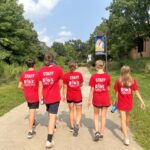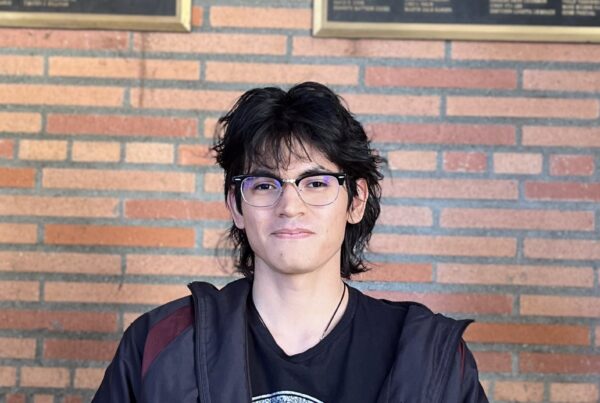In my years at USC, I’ve never had a recruiting season so intense. Maybe it’s because I’m now looking for full-time roles rather than internships; maybe it’s because this is my busiest semester yet class-wise; probably both. Either way, I am constantly taken aback at the time investment it takes to make for a good recruiting season. So partly as a way to get my thoughts and priorities in line, and partly as a way to help whoever’s reading this, I’ll write down some tips I have for this intense process.
- Start early. Curating your resumé to be as pristine as possible is step 1. You can practice interviewing and all the other ancillary items as much as you want, but if your resumé isn’t going to make it through that initial screening, it’ll all be for nothing. Luckily, USC provides a number of resources to help you with this, such as online resumé checking systems, Viterbi-run career services, and student orgs.
- Get that resumé out there! What I’ve learned from other students and partially from my own experience is that oftentimes, shotgunning applications can be the way to go in the absence of other connections (like through the career fair or other networking). Of course, only apply to jobs you might be interested in, but try not to limit yourself too much in terms of what you apply to; you’ll never know who you might hear back from!
- Cover letters are often not necessary. This one might be a bit controversial, but in my experience and based on TikToks I’ve seen made by recruiters (which I hope is a valid source), most of the time a cover letter is a bit extraneous. And if my anecdotal evidence is worth anything, I didn’t include a cover letter with any of the job applications I’ve heard responses from.
- Manage your time with school well. I’ve personally had to budget a lot of my time even amidst midterms in order to take online technical screening and attend virtual interviews and information sessions. If you’re not really on top of your schoolwork, you won’t have enough time to dedicate to these important things.
- Study, study, study! The technical screenings and interviews will test you on things you may have learned before, but it’s not enough to simply tell the interviewer, “Oh, I’ve learned this before, but I can’t exactly recall right now…” They want to see that you understand these concepts and can communicate them, not that you’ve just taken a class on them before (because they likely already know that).
- Stay confident even after rejections! I took my first rejection pretty hard because it was after a final-round interview that lasted 4+ hours. But just remember that every rejection is one closer to an acceptance! And you’ll get better at interviewing the more you do.
I know this is all pretty high-level and much of it is common knowledge, but I hope it gives you insight into what the process is like for someone like me!















